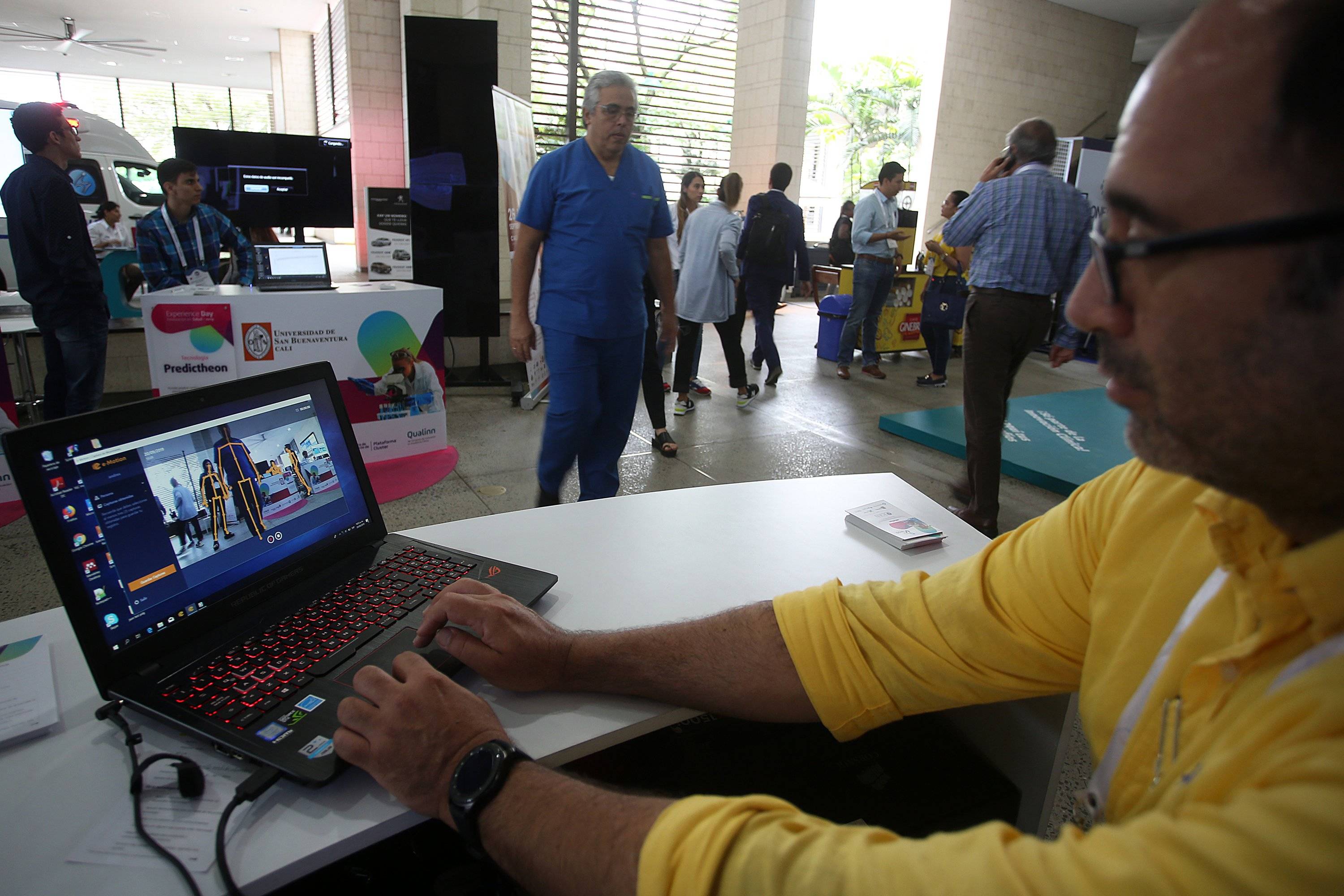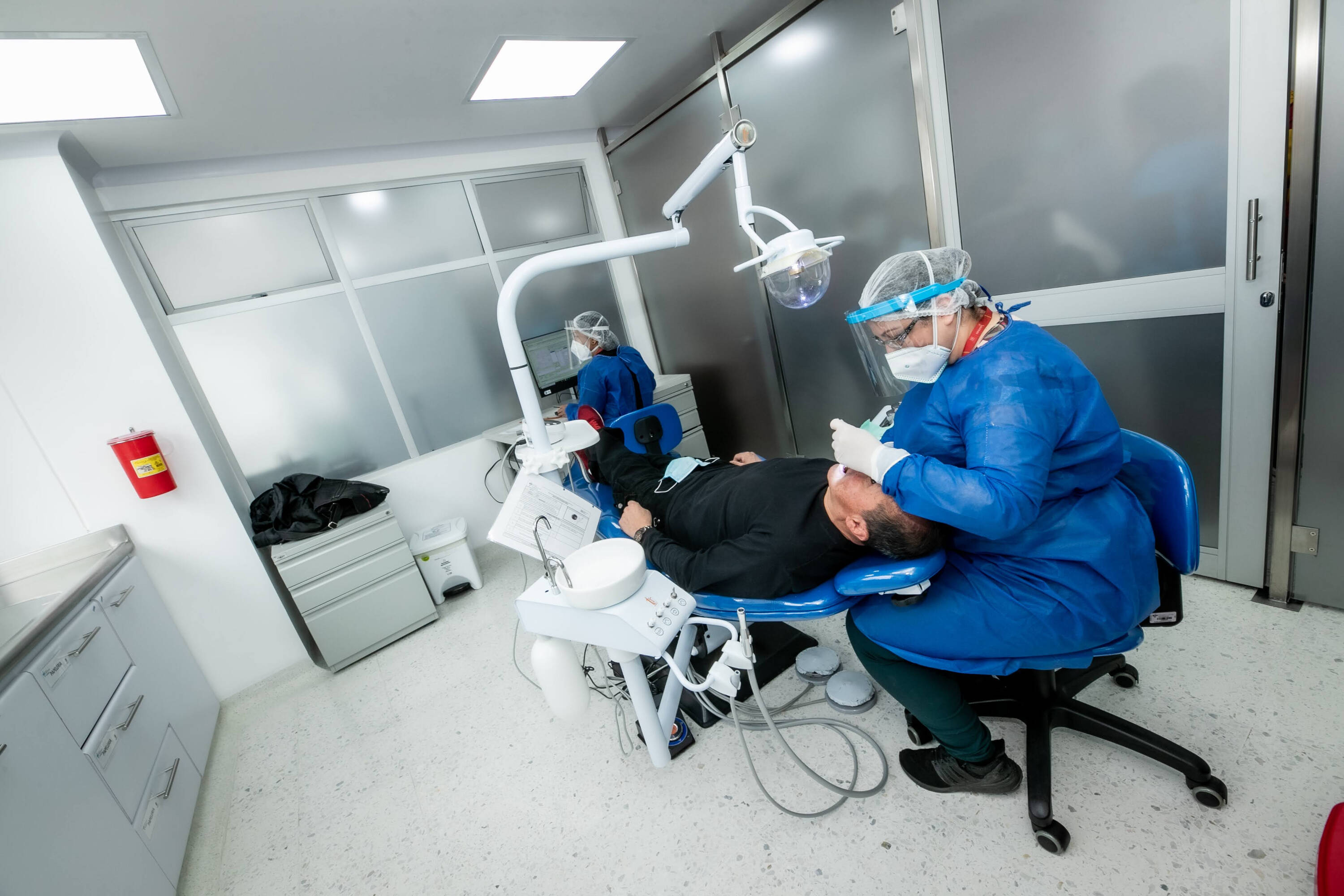More than 450,000 Colombians are expected to migrate to prepaid medicine by 2025 due to the health system crisis.

An estimated 450,000 Colombian healthcare system users are expected to opt for prepaid medical services by 2025 , in response to the growing challenges of the public healthcare model.
This was reported by 'La República', citing figures from Fasecolda, which reflect a sustained increase in demand for private alternatives , driven by patient dissatisfaction with access to and quality of care in the traditional system.
The expansion of the private healthcare sector in Colombia is on the rise. According to projections by the Colombian Federation of Insurers (Fasecolda), the number of prepaid medical enrollees will increase from 3.8 million in 2024 to approximately 4.25 million by the end of 2025. This represents an increase of approximately 450,000 new users in just one year.
This segment leads among additional health services, with a 51.8% share. It is followed by health insurance (31.9%), supplementary plans (around 12%) , and private ambulance services (4.5%).
At least 19 companies operate in the country offering some of these services. Although prepaid medicine maintains its lead in coverage, health insurance has the highest percentage growth: 14% annually.

1.7 million people are enrolled in these insurance plans. Photo: Juan Pablo Rueda, EL TIEMPO
Currently, 1.7 million people are enrolled in these insurance plans , which complement traditional EPS care.
Greater burden on households Direct spending by Colombian households on healthcare has also increased in recent years. According to Acemi figures, between 2021 and 2024, spending on medicines increased from $7.6 trillion to more than $9.5 trillion, representing an increase of almost $2 trillion over that period.
This growth reflects not only rising drug prices, but also the growing need for citizens to resort to out-of-pocket payments to access timely treatment.
Amid the crisis affecting the public health system, companies that provide combined EPS and prepaid medical services have managed to consolidate high revenues.
According to the Superintendency of Health, Keralty— a group that recently regained control of its EPS after a legal dispute —leads the sector with revenues exceeding $11 billion.
Suramericana follows, also offering complementary and prepaid plans. In third place is Colmédica, with sales exceeding $651 billion.
Despite the adverse environment for EPS, these figures show that companies that have diversified their offerings toward private services have managed to sustain and even increase their revenues.
In parallel with the growth of the private healthcare market, digital initiatives have also emerged aimed at facilitating access to specialists.

Digital initiatives have also emerged to facilitate access to specialists. Photo: Bogotá City Hall
The situation has also prompted statements from industry representatives. Juan David Riveros, an external lawyer for the Keralty Group, described the intervention of the group's EPS as arbitrary and stated that, although the courts have reinstated the operation, the damage caused was significant.
“ This legal victory does not erase the moral, institutional, financial and human damage that this Government has caused .”
*This content was written with the assistance of artificial intelligence, based on publicly available information released to media outlets. It was also reviewed by a journalist and an editor.
More newseltiempo





